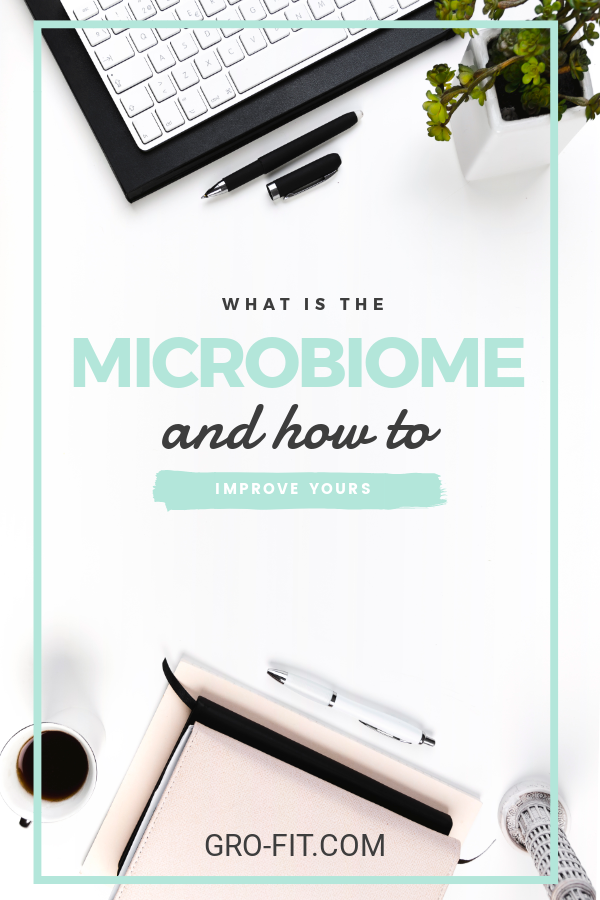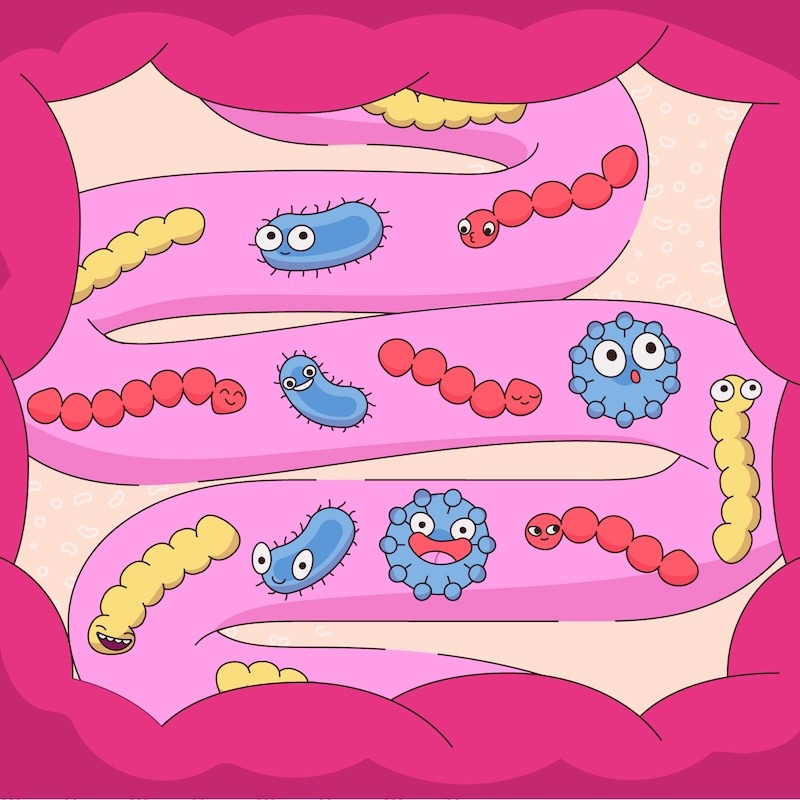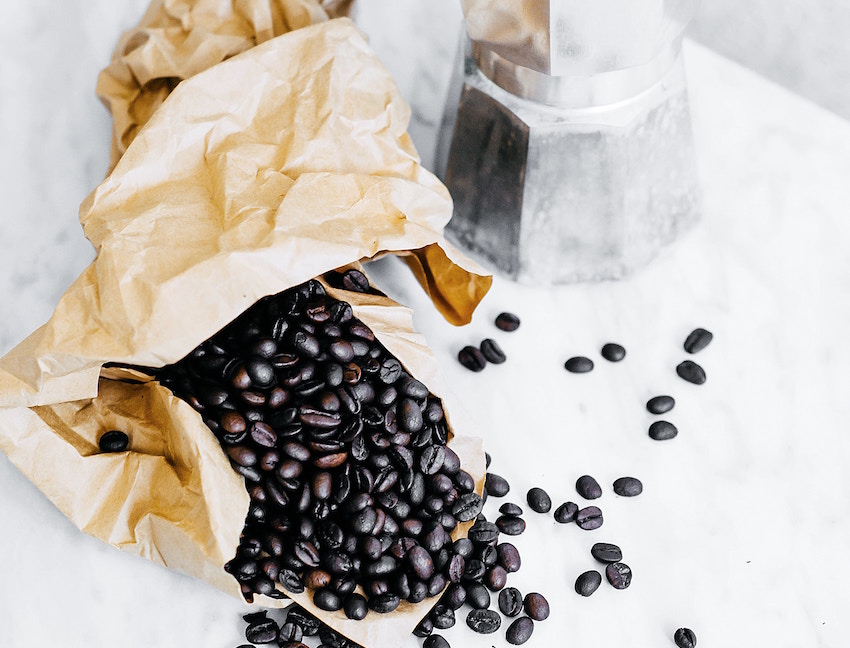When we think of bacteria we typically think of sickness or infection. But certain bacteria are actually vital to our health and survival and have lived with humans for thousands of years. These bacteria (viruses and fungi are in there too!) are collectively called the human microbiome. Interestingly, these microbes outnumber our own cells 10 to 1.

What is microbiome?
So what do these microscopic organisms do? A lot, as it turns out. In fact, together, they function as an extra organ in your body and play a huge role in your health. Aside from helping our bodies extract essential nutrients from the food we eat, the microbiome helps to train our immune system to not attack our own joints and organs, helps our heart function, plays a part in our weight, and contributes to many other aspects of health. An imbalanced microbiome is sometimes called gut dysbiosis and can contribute to many health issues.
What impact does microbiome have on your health?
You are born with your own microbiome and it begins to develop as soon as you are born. One of the first bacteria that develops is called Bifidobacteria. These bacteria digest the healthy sugars found in breast milk that are essential for growth.
As you age, your microbiome evolves and changes to be able to:
- promote gut health
- digests fiber which can help prevent everything from IBS to cancer and weight gain
- partially control your immune system
- communicates with immune cells and influences how your body responds to infection
- influences brain health
- serotonin, an antidepressant neurotransmitter, is made with the assistance of certain species of bacteria found in the gut
- helps control messages sent to the brain through nerves that are directly connected to the gut
- promote “good” HDL cholesterol
It’s also worth noting that people in the Western world have far fewer kinds of helpful bacteria than those living in developing countries. Researchers are currently looking into that discrepancy and how it might be connected to rising rates of autoimmune and metabolic diseases.
How can dietary changes impact the microbiome?
Fortunately, there are a lot of different ways to improve your microbiome and keep your gut happy and healthy.
1. Make prebiotics and probiotics your friends.
Prebiotics are a kind of fiber that stimulate the growth of good bacteria (bananas, apples, oats, asparagus). Probiotics are live bacteria that “reseed” your gut after dysbiosis or positively contribute to a healthy microbiome. You can take a probiotic supplement or add yogurt with probiotics to your diet.
2. Eat whole grains.
Gut bacteria loves whole grain because it’s hard for our bodies to digest and contains tons of fiber and good-for-you carbs like beta-glucan. As a result, you’ll likely experience increased feelings of fullness and reduced inflammation, heart disease risk factors, cancer risk, and diabetes.
3. Eat foods rich in polyphenols.
Polyphenols are plant compounds that are broken down by the microbiome to stimulate healthy bacterial growth. They have many health benefits, including a reduction in blood pressure, inflammation, cholesterol levels and oxidative stress. To add polyphenols to your diet reach for red wine, green tea, dark chocolate, olive oil, almonds, blueberries, and whole grains. AKA the “good stuff”.
4. Eat fermented foods.
Fermented foods are kind of like the tough kid on the playground who tells the bullies to get lost. They contain a healthy bacteria called Lactobacilli which can reduce the amount of disease-causing species in the gut. Fermented foods include plain-natural yogurt, sauerkraut, kefir, kimchi, and kombucha.
5. Eat a diverse range of foods.
Given the bullet points already covered this one might be a bit obvious. But here’s the reasoning: your gut houses hundreds of species of bacteria and each species plays a different role in your health and requires different nutrients for growth.
Unfortunately, our Western diet isn’t very diverse and is loaded with fat and sugar. It’s estimated that 75% of the world’s food is produced from only 12 plant and 5 animal species.
6. Load up on fruits and veggies.
A vegetarian diet may reduce levels of disease-causing bacteria, inflammation, and cholesterol. If you don’t want to go full vegetarian try adding more veggies, beans, and legumes to your diet. These foods are packed with fiber which the microbiome loves! Try eating more raspberries, artichokes, green peas, broccoli, chickpeas, lentils, and pistachios

7. Avoid artificial sweeteners.
Aspartame, an artificial sweetener used in place of sugar, reduced weight gain but also increased blood sugar and impaired insulin response by stimulating the growth of unhealthy bacteria.
8. Breastfeed for at least six months.
If you’re expecting, consider breastfeeding your baby for the first few months after birth. Your baby’s microbiome is constantly developing and breast milk not only feeds your bundle of joy but also the healthy bacteria in his or her belly in a way that formula can’t.
Breastfeeding is also associated with lower rates of allergies, obesity and other diseases that may be due to differences in the microbiome. BONUS!
9. Take antibiotics only when necessary.
Antibiotics are a marvel of modern medicine and have saved countless lives. However, they aren’t selective in their destruction of bacteria. When you take a round of antibiotics, they kill the good along with the bad. Taking them inappropriately also contributes antibiotic resistance. Only take them when they are medically necessary.
Recent studies are examining the connection between exercise and gut health. Early results show that some participants experienced an increase in certain microbes after six weeks of increased cardio. When the participants stopped their exercise the microbiome reverted back to its state before the study. These are very early studies and results but are worth keeping an eye on!



